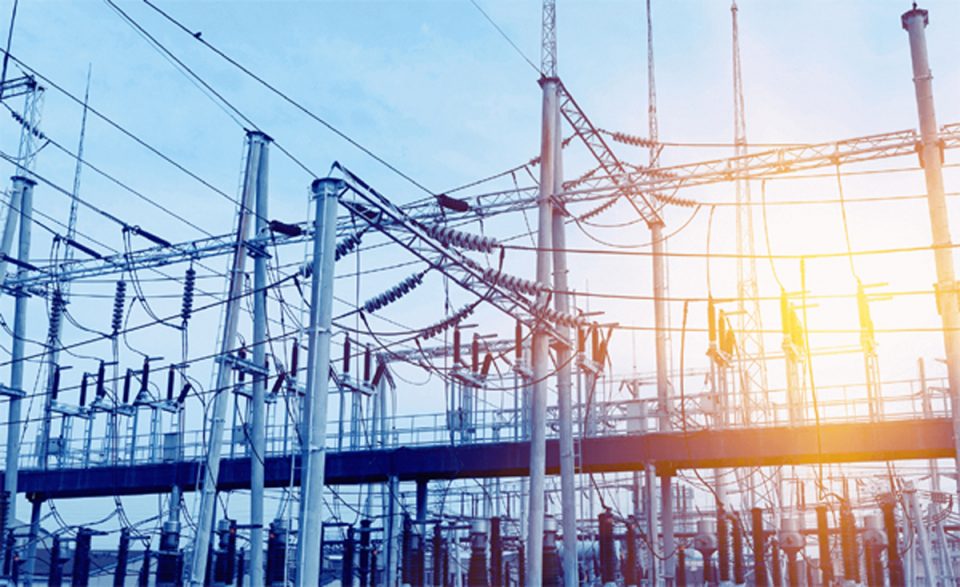One month into the promise of an improved power supply, the frequency of national grid collapse may be the biggest albatross to the promise of an improved power supply across the country.
Last week’s national grid collapse marked the sixth occurrence this year alone. The latest grid collapse, coming exactly five weeks after that of June 13, sent electricity power to a paltry 40 megawatts (MW).
According to the distribution load profile, electricity from the generation companies was abysmally low at 40MW on the day it collapsed against 3,000MW generated barely 24 hours before the occurrence. This development brought zero megawatt allocation to the 10 electricity distribution companies, except 40MW to Abuja and 10MW to Ibadan Discos respectively at 12:23 pm when the incident occurred.
The Transmission Company of Nigeria (TCN), responding to the development, blamed it on the “sudden drop in system frequency from 49.94Hz to 47.36Hz, which created system instability.” The TCN is the operator of the national grid.
The General Manager, Public Affairs of the TCN, Ndidi Mbah, basing his statement on reports obtained from the National Control Centre (NCC), explained that the grid collapse was precipitated by the tripping of a Unit (with a load of 106 MW) in one of the generating stations due to “Exhaust over Temperature”.
He further said that the incident pulled out other grid-connected Units in the plant, resulted in aggregated generation loss of 457MW. In its wake, a train of events ensued – culminating in the collapse of the national grid.
“As obtainable in all systems, when a component of the electric power system is defective, the entire configuration is vitiated. However, inspite of setbacks encountered at the initial stage, grid restoration had almost been completed as at 11:00pm when this report was filed,” Mbah noted in the issued statement.
Although he assured of TCN’s commitment to leveraging the concerted interventions instituted thus far to enhance power supply reliability so that the issue of system collapse will soon become a thing of the past, the frequency of grid collapse, stakeholders contend, may constitute a clog in the wheel of progress to the improved power supply promised by the Nigerian Electricity Regulatory Commission (NERC).
Recall that the Chairman, NERC, Sanusi Garba, recently assured Nigerians will begin to enjoy improved power supply from July 1 following renewed efforts by industry stakeholders. He had assured electricity consumers during a media parley in Lagos, of a guaranteed generation, transmission and distribution of an average of 5,000MW of electricity daily from July 1, 2022.
Garba’s assurance was based on the promises of other stakeholders he received. “We have had discussions with the gas suppliers within our regulatory space. We have them on board to ensure that once we made the commercial requirements, gas was going to flow.
“Now, for transmission, we have heard of figures well in excess of 5,000MW and clearly TCN will be able to deliver that. I recall clearly in March last year we had 5,400MW. So, it means it is quite possible based on signed commitments.
“All the stakeholders across the value chain had obligations and there would be consequences if they failed to deliver. So, in a situation where Gencos are able to deliver 5,000MW but TCN is unable to do so, they’ll pay the penalty to the generation company and so on.
“And whenever the power is available and DisCos do not take the power; then they will pay liquidated damages that will compensate other market participants.
“We might not have 24/7 power supply from July 1 but Nigerians will see the trajectory because the target is to have an average of 5,000MW daily for transmission and distribution.”
He added that NERC had facilitated a contractual agreement between the Gencos, TCN and the 11 DisCos that would guarantee the generation, transmission and distribution of an average of 5,000MW of electricity daily to customers effective July 1




